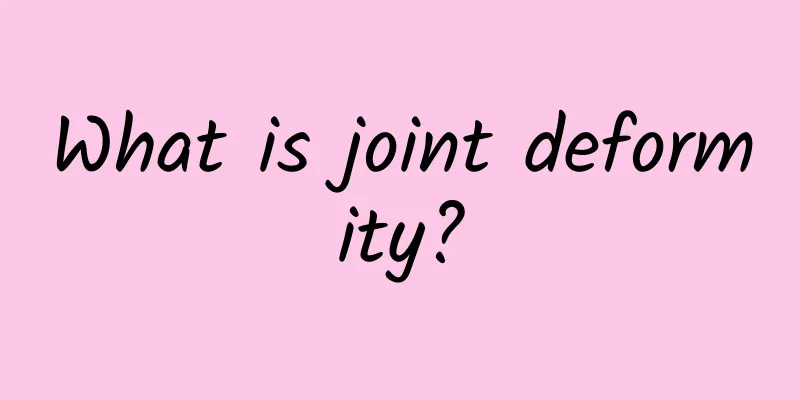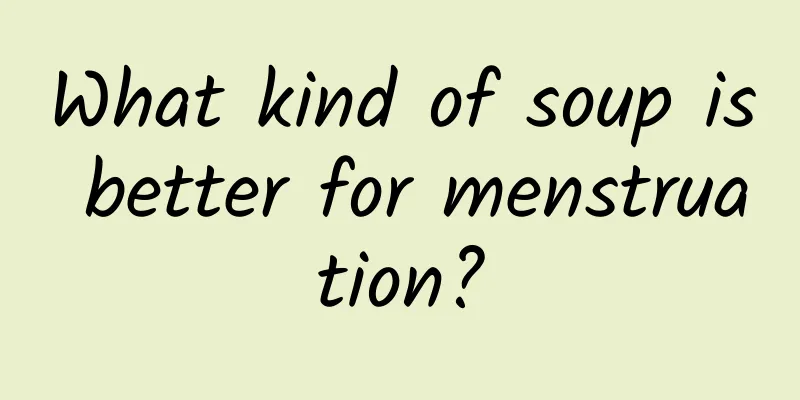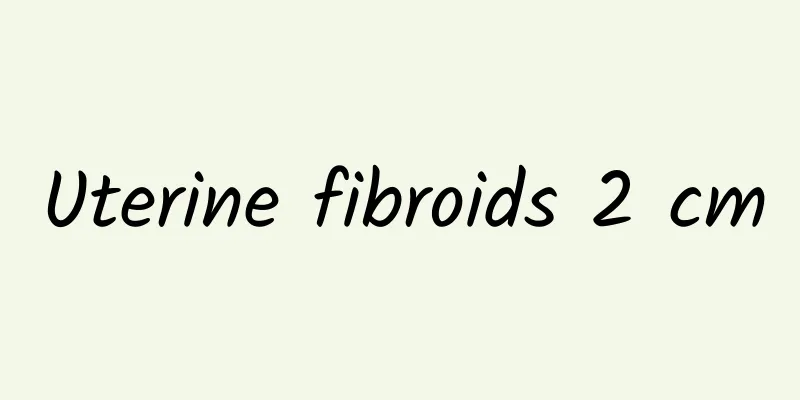What foods can't be eaten by people with favism?

|
Many friends may not have heard of favism because it is not common in life. Favism is generally a hereditary disease, and some patients will have symptoms of hemolytic anemia. There are some foods that patients with favism cannot eat, so you can learn more about them. Favism is a very common disease in my country, with male children being more likely to suffer from it. It mainly occurs in the summer when broad beans mature, and most cases are caused by eating broad beans. Favism has an incubation period of about one day. In the early stages, patients will experience mild fever, weakness in the limbs, and abdominal pain. Severe patients will experience coma and respiratory failure. If not treated in time, their lives will be in danger. Favism is a disease caused by glucose-6-phosphate dehydrogenase deficiency, characterized by sudden acute intravascular hemolysis after consuming fresh broad beans in the presence of hereditary glucose-6-phosphate dehydrogenase deficiency. However, favism does not mean that all beans are inedible. It is called favism because it occurs after eating broad beans. The onset of favism is acute, and hemolysis usually occurs within 1 to 2 days after eating fresh broad beans. The shortest time is only 2 hours, and the longest time can be 9 days. Therefore, it is important to understand the foods that people with favism should not eat in order to reduce the probability of developing the disease. 1. Prohibited foods: pearl powder, honeysuckle, Sichuan lotus, bezoar, wintersweet flower, bear bile, and baby-saving pills. Remember not to eat broad beans or raw and processed broad bean products, and avoid going to broad bean fields during the flowering, fruiting or harvesting seasons. 2. Foods and drugs that may cause hemolysis are prohibited: Antimalarial drugs: primaquine, prilocaquine, pentaquinone; Sulfonamides: sulfamethoxazole, sulfapyridine, p-aminobenzenesulfonamide, sulfacetamide; Antipyretic and analgesic: acetanilide; Sulfones: thiosulfone; Others: furanidine, furazolidone, furacillin, nalidixic acid, nitroimidazole, isocyanate, naphthalene (camphor), methylene blue, phenylhydrazine, trinitrotoluene, Chuanlian, pearl powder, broad bean; Traditional Chinese medicine: mint, camphor, naphthol, Chuanlian, bezoar powder, wintersweet flower, bear bile, Kaikoucha, Qilinsan, infant essence, Niuhuang Jiedu Pills, etc. 3. In addition to broad beans , broad bean products, such as rice noodles, broad bean powder, snacks made from broad beans, etc., should be avoided. Parents should read the ingredients carefully before buying food. Any food related to broad beans should not be eaten. |
<<: How to care for acute pancreatitis? 8 aspects to start with for good recovery
>>: What are the symptoms of sepsis?
Recommend
Lactose intolerance
Lactose intolerance is a relatively uncommon dise...
What are the hazards of internal hemorrhoid bleeding in hemorrhoid patients?
Internal hemorrhoids are a type of hemorrhoid dis...
How to remove hereditary spots on the nose
Many diseases are caused by genetic factors. Thes...
What are the benefits of aerial yoga for the human body?
There are many ways to exercise nowadays, but yog...
What is the fastest way to treat constipation during pregnancy?
Most expectant mothers will encounter some diseas...
Where can I get quick results from stomachache massage?
There are many patients with stomach problems in ...
What foods can damage the spleen and stomach?
If you have a weak spleen and stomach, you must p...
Symptoms and treatment of liver depression and spleen deficiency
Liver depression and spleen deficiency is a relat...
Effects and efficacy of clove tea
Lilac has a good health-care effect. It is not on...
In what cases can moxibustion not be used?
Moxibustion is a very popular health-preserving m...
What to eat if blood sugar is high
As people's living standards continue to impr...
The baby is hot but does not have a fever
The baby is relatively young and has a relatively...
What to do with back pain after spinal anesthesia
Some patients often experience back pain and numb...
Symptoms and treatment options for potassium deficiency periodic paralysis
In clinical practice, potassium deficiency period...
Symptoms of poor liver function
Every part and every organ of our body plays an i...









